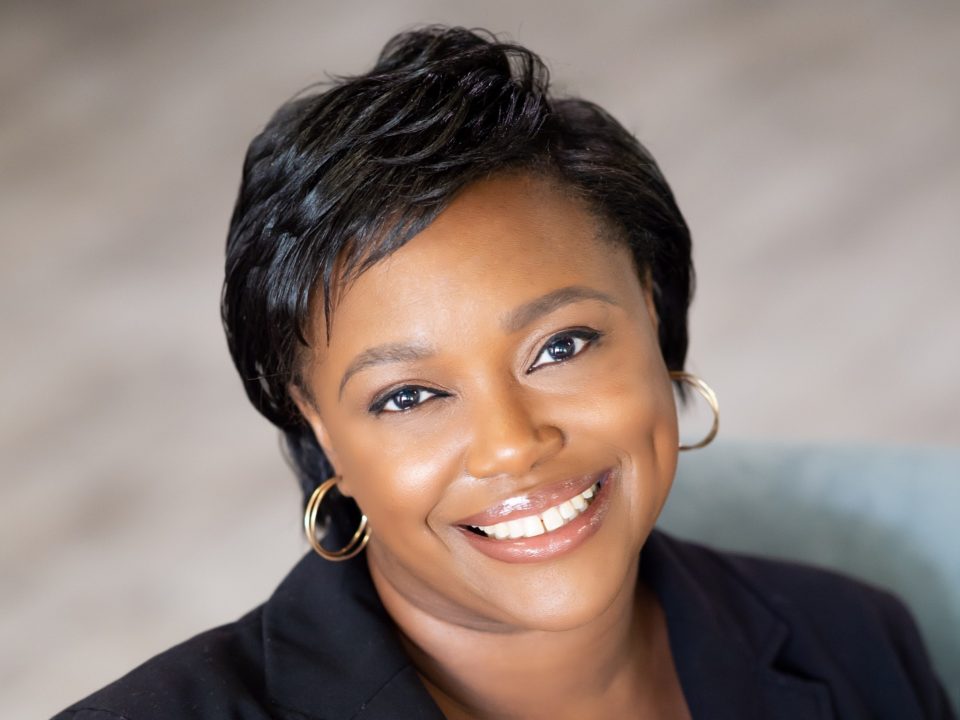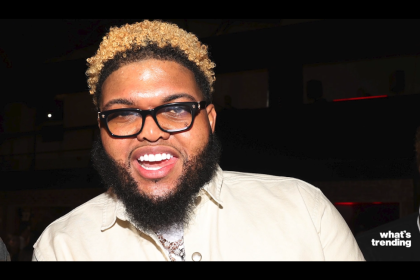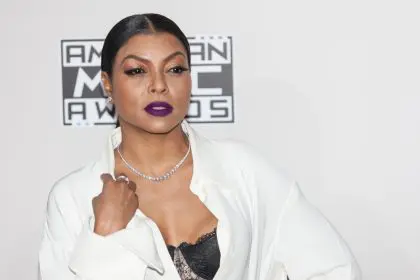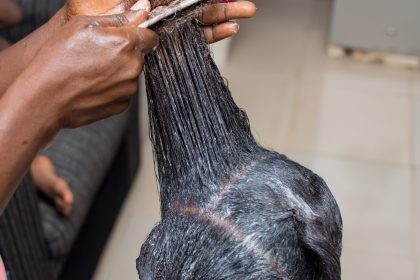
Jewell H. Gooding is the executive director of Silence the Shame, Inc, a mental health education and awareness nonprofit. She is a national certified counselor with over 20 years of experience in mental health. Mrs. Gooding provides consultation and education on mental health policy, and programs to support prevention, promotion, and health integration.
Why is there shame in mental health?
Particularly in Black communities, you think about our historical aspect of what we think about racism and all of the other traumas that we have faced. You think about mental illness and mental health challenges, and people see that as a shameful act, as if we don’t have it all together in our brains and make sure that we are not perceived as weak. So, most people don’t want to talk about their emotions and their feelings, and that’s what mental health is: it’s the way we think, feel, and behave. We talk about how we’re feeling and what our thoughts are, and we’re seeing our behaviors, but when it gets down to when we’re experiencing those challenges, there is that sense of shame to say, ‘why can’t I keep it all together?’
What are some things people don’t understand when it comes to mental health in Black families?
I think it’s a lack of communication.You have those unspoken traditions and cultures and values that you believe in wholeheartedly, like what stays in your home stays in the home. Those misperceptions and myths have also created that stigma, and it has created this barrier to getting access to health care. But it’s also the community or environment and the mistrust in the health care system and understanding what access we have. It’s looking at all those different factors, and understanding what the family looks like. Most Black families are very deeply rooted in religion, so if you step outside of that, and you mentally aren’t well enough, somehow it’s a mockery of God.
It’s also understanding what mental health is, having that education and knowledge behind it, and recognizing that our mental health is our brain. It’s our brain health, and how we can take care of that. Then making sure that we are being very open and honest and able to articulate how we are feeling without feeling judgment or shame. You don’t often have those opportunities in our families when there is a lack of resources in the home, and they don’t have access to the support that they need. Then you’re more likely to deal with environmental issues such as racism and legal issues where you’re coming in contact with law enforcement, so it just ends up going in the wrong direction, when we just want to talk about how we’re doing.















